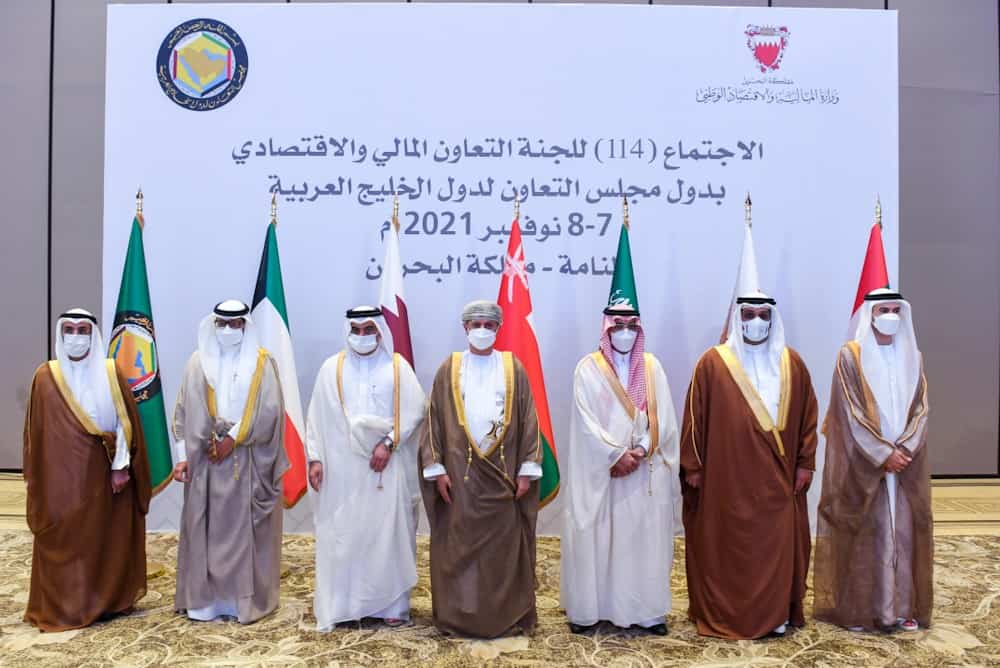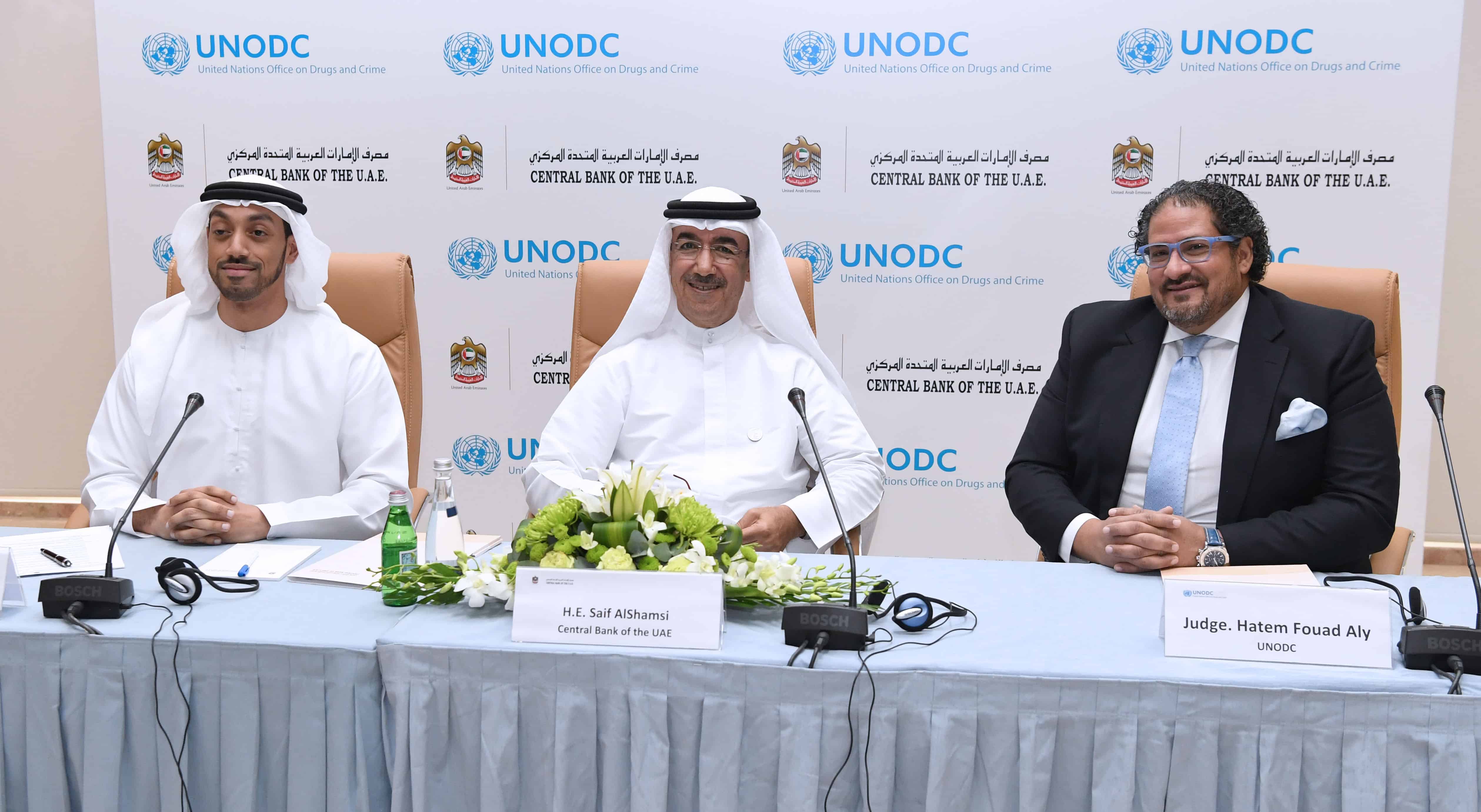Despite the GCC’s efforts to introduce new laws and regulations to improve its economy and the financial state of its people, corruption is still considered one of the main factors that might discourage investments.
Gulf countries’ score is low in comparison to some developed economies in the “corruption perceptions index 2021” published by Transparency International. What are the reasons behind that? And how can regional states perform better in the future?
Arab countries score low
The UAE is considered the least corrupt Arab country in 2021; however, its score decreased by 2 points from 2020 according to the “Corruption Perceptions Index 2021”.
Qatar came in second in the Arab World and 31 worldwide, Saudi Arabia followed with being the third in the Arab countries and 52 worldwide. Oman followed, ranking 56 worldwide, then Jordan (58) and Tunisia (70).
Despite the many promises, 131 countries have made no significant progress against corruption over the last decade, and this year 27 countries are at a historic low in their CPI score.
Read more ➡️ https://t.co/YvtVQHFt7D pic.twitter.com/Om7dNVt8u8
— Transparency International (@anticorruption) January 29, 2022
What are the challenges to tackle corruption in the region?

Transparency International’s MENA area advisor Kinda Hattar highlighted in an exclusive interview with TRENDS that the Middle East’s corruption difficulties are the same as they have been for the last decade due to rampant political corruption and the recycling of corrupt positions. This results from a lack of democracy and civil society participation; even while some people are imprisoned, systems still attract corruption.
The governments in the region need to introduce strict regulations and procedures to fight money laundering and, most notably, a political will to do so, according to Hattar.
States must also focus on the beneficiaries’ ownership of the companies that register in a country or invest mainly in real estate sector and economy, she said, adding that Transparency International has urged countries in the GCC to register beneficiaries of such companies to hold them accountable because weak laws to organize this issue is considered a big gap in addressing financial corruption.
As per Transparency International, secretive and unregulated financial markets in some GCC countries are working together to provide services to criminals. In addition, reports show that large amounts of dirty money are fouling some cities’ glitz due to a lack of regulation and monitoring in the real estate market.
The governments in the region need to introduce strict regulations and procedures to fight money laundering and, most notably, a political will to do so, says Transparency International’s MENA area advisor Kinda Hattar
Research by the Organized Crime and Corruption Reporting Project (OCCRP) and the Center for Advanced Defense Studies (C4ADS) in 2018 singled out Dubai where money laundering and financial corruption increased despite efforts by authorities to rein in malpractices.
Other reports indicate that those subject to international sanctions can find refuge in Dubai. According to today’s headlines, organized crime figures and politicians flock to Dubai to invest in real estate.
What is the Corruption Perceptions Index?
The corruption perceptions index scores how countries fight corruption in the public sector and how countries in the region have high efforts to fight it.
The MENA region states scored 34 out of 100, which is still considered low compared to many developed markets. At the same time, it should be noted that the United Arab Emirates, Qatar, Saudi Arabia almost have the best scores compared to other countries in the region; however, they still have a long way to fight corruption.
Not to forget that GCC countries took measures to help fight corruption, such as adopting e-governance and adopting digitalization of services..
Needed improvements
Fighting corruption is a matter that needs decades to solve; however, there are several measures that GCC countries can consider, according to Transparency International (TI).
The MENA region states scored 34 out of 100, which is still considered low compared to many developed markets. At the same time, it should be noted that the United Arab Emirates, Qatar, Saudi Arabia almost have the best scores compared to other countries in the region
One is strict implementation and good legislation in fighting corruption in the public sector and an essential element of social accountability and increasing the voice of civil society, it said.
Regarding the media, a democratic approach performance from governments can help. In addition to giving freedom to activism, and independence of the judiciary with a solid supportive parliament can be very beneficial in fighting corruption and increasing the GCC states scores in the future conception indexes, said TI.
Corruption impacts on the economy

It has been demonstrated that a robust economic system necessitates an effective strategy to combat corruption. Therefore, if a country wishes to be prosperous, Hattar believes that there must be systems in place to fight corruption and ensure that the integrity of the state is maintained.
Kinda said, “We can see that many countries in the region face war and conflicts. So, when we compare their economic instability, we can see that corruption is one of the main reasons for these troubles.”
“At the same time, we witnessed during the past two years that the COVID-19 pandemic has badly affected countries with weaker economies,” she added.
GCC countries have signed the UN anti-corruption documents in which they are committed to the world to fight it. For this reason, the United Nations urges governments into implementing any ratified convention, however in terms of punishment on corrupted countries, there are no sanctions, but other countries might not consider investing in it.








